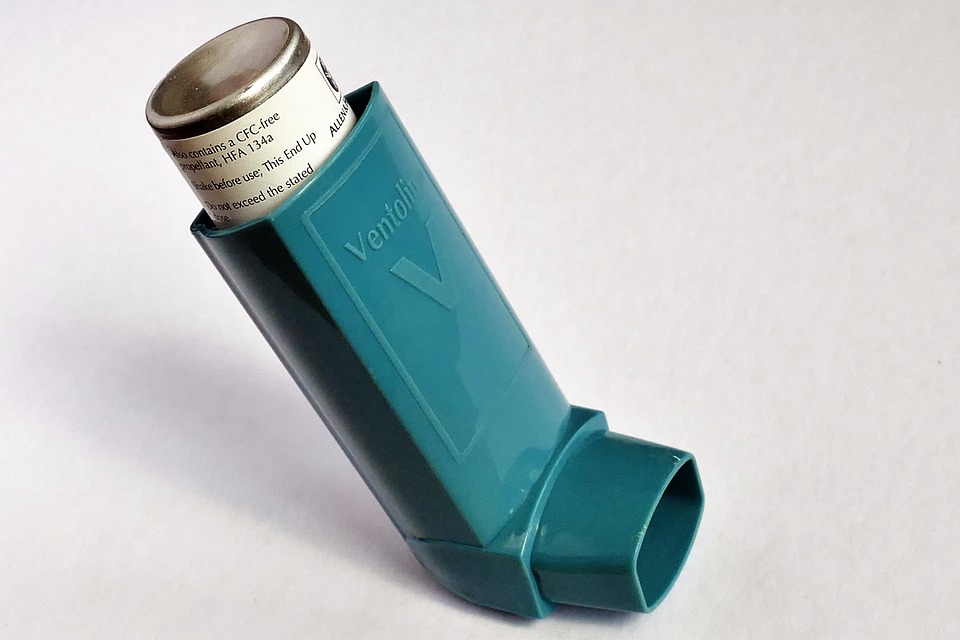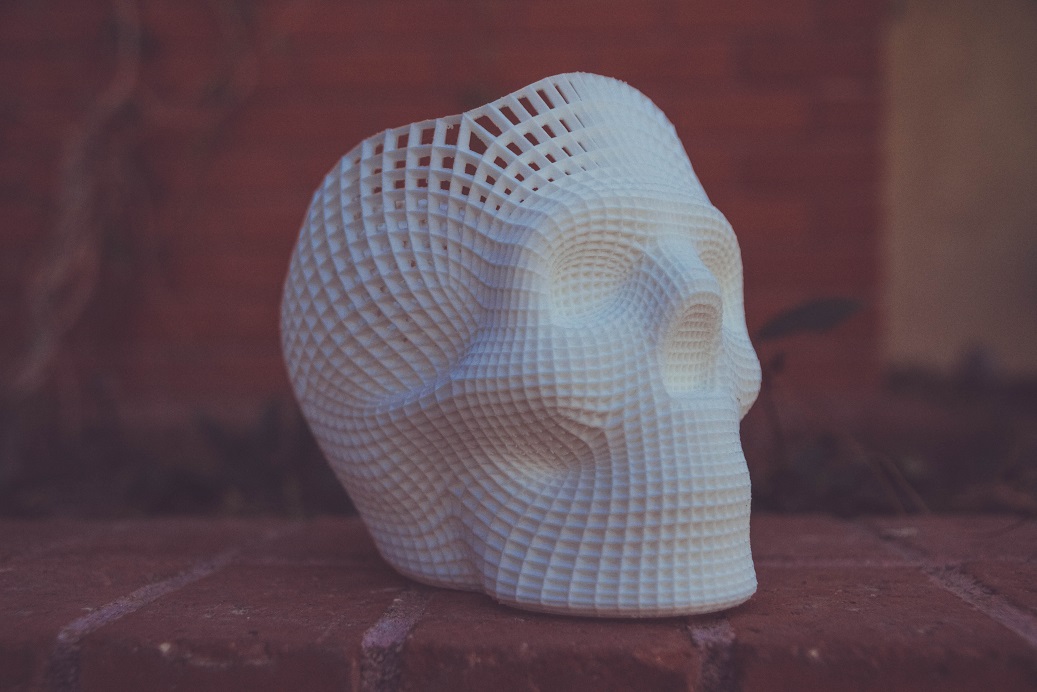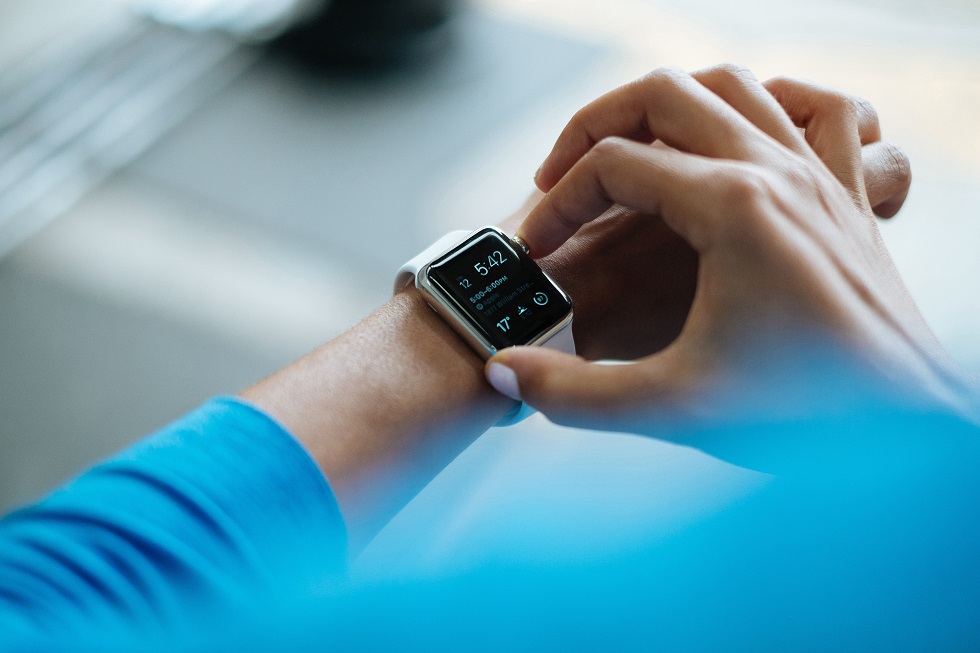
Medicine is developing rapidly, inAs a result, effective methods of combating previously incurable diseases appear. An important role in this process is played by new technologies used in the healthcare sector.
Smart inhalers
Almost 90% of patients suffering from asthmause inhalers. However, studies show that only 50% of patients can actually control their disease using this device. Others use the inhaler incorrectly for various reasons: they forget about the time of administration, they get confuseddoses or number of doses.
Bluetooth smart inhalers weredesigned specifically for such patients and consist of two parts: a device for collecting information and, in fact, an inhaler. The digital part records the date and time of each dose and the correctness of its administration. Then the information is sent to the smartphones of patients so that they monitor their condition. As a result of clinical trials, it turned out that the use of an intelligent analogue significantly saves drugs.

Robotic Surgery and VR
Precision, control and flexibility of invasive proceduresincreases with the help of robotic surgeons. A robot performing an operation does not mean that it performs the entire process. In most cases, the robot is used in the most complex procedures that a person cannot cope with or risks making mistakes. Improvements in technology mean that VR/AR will be used in the future to view additional important information about the patient in real time or perform operations remotely.
VR technology will become an indispensable tool formedical students who can get closer to the real experience of operations, examining patients or studying human anatomy. In addition, VR devices help patients prepare for the complex procedures they face.
Wireless sensors
Biodegradable electronics was created toreading information by sensors directly from human living cells without the need for their further removal. Such a device helps doctors measure the temperature and pressure of the brain, check the data of blood vessels, etc.
3D printing
Printing implants, joints and bones on3D printing is no longer a new product – Now this is already a full-fledged trend. The advantage of such prostheses is that they are custom-made with millimeter precision, providing patients with the maximum level of comfort and mobility. In addition, 3D printing has been successfully used in the pharmaceutical field to create tablets with various active ingredients.

Artificial organs
The first steps of bioprinting were aimed atskin restoration with severe burns, but in the future this technology has gained new opportunities. Scientists have developed a way to create blood vessels, the pancreas, or even synthetic ovaries. Artificial organs are endowed with the function of further growth in the patient’s body, just like ordinary organs. To do this, scientists have found a way to nourish bioprinting organs from the body's immune system.
Bracelets for monitoring the condition of the body
In recent years, the number has grown significantly.body tracking devices. This includes smartphones with an accelerometer for reading the number of steps, bracelets for measuring heart rate and distance traveled, stickers for determining sugar levels, applications for compiling a cardiogram, and even smart underwear that senses skin sweating has appeared.
The development of these technologies is triggered by growth.the number of chronic diseases such as diabetes and cardiovascular disease. To effectively deal with them, you need to monitor individual indicators around the clock, and such devices do a good job of this.
By 2024, the wearable device market is expected to exceed $ 67 million.

Precision medicine
Medical technology is becoming more and moreindividual for individual patients. Precision medicine allows doctors to select drugs and treatments for diseases based on a person's DNA. Personalized drugs are more effective for an individual patient because they target the disease based on the patient's specific genes and proteins. This method is especially effective in the fight against cancer, as it causes gene mutations.
Precision medicine is also used in the fight against rheumatoid arthritis, in the treatment of which it is necessary to influence the genes that are vulnerable to the disease in order to weaken it and reduce joint damage.
Telemedicine
Number of people who do not go to hospitaldue to shyness, one’s own beliefs or rumors about bad doctors, is very high. There are times when it is not possible to make an appointment with your own doctor for several weeks or even a month; sometimes a doctor’s advice is needed urgently, and an ambulance is not able to arrive on time. In such situations, telemedicine can help out the patient – an underdeveloped technology that is gaining popularity.
You can get telemedicine help throughsmartphone or laptop without waiting for a live consultation. For this, special applications are developed, and private clinics are connected to them. Doctors at telemedicine clinics set aside individual hours when they can give advice online.
The global telemedicine market is expected to exceed $113.1 billion in 5 years.
CRISPR
Leading gene editing technology CRISPRworks by using the natural mechanisms of the immune system, which can “cut out” infected DNA strands. The revolutionary technology has the potential to cure the most serious diseases, such as cancer, HIV or genetic diseases.
Gene editing tool provokeda serious scandal in 2018, called “CRISPR children”. The resonance arose due to the fact that the scientist who programmed gene editing for two children did it without the appropriate permissions.





